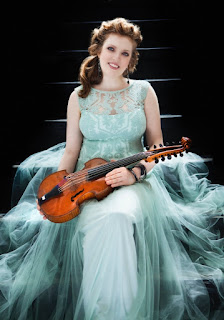Jazz in Irvington: Coal Yard Coffee hosts free jazz once a month

Jazz fans around town are forever grateful for the consistent support for the music provided by the Chatterbox Jazz Club and the Jazz Kitchen, but it's always refreshing to hear good jazz off the beaten track. That was fun to do Thursday evening when "Sophie Faught & Friends" were the featured band in Coal Yard Coffee' s "Sweet Thursdays" showcase. The converted garage is a comfortably crowded place in Irvington on a narrow street of the kind the historic neighborhood specializes in. (A recurring dream of mine is of wandering lost in an Irvington-like milieu, but we won't go there.) The band's amiable name is part of the publicity for the gig I attended: This is the "Three Muses" band, to borrow the title of its art-inspired current CD: Sophie Faught, tenor sax; Nick Tucker, bass, and Ben Lumsdaine, drums. Tucker, a new resident of Irvington who puts "Sweet Thursdays" together, acted as group spokesman. He schedules bands






